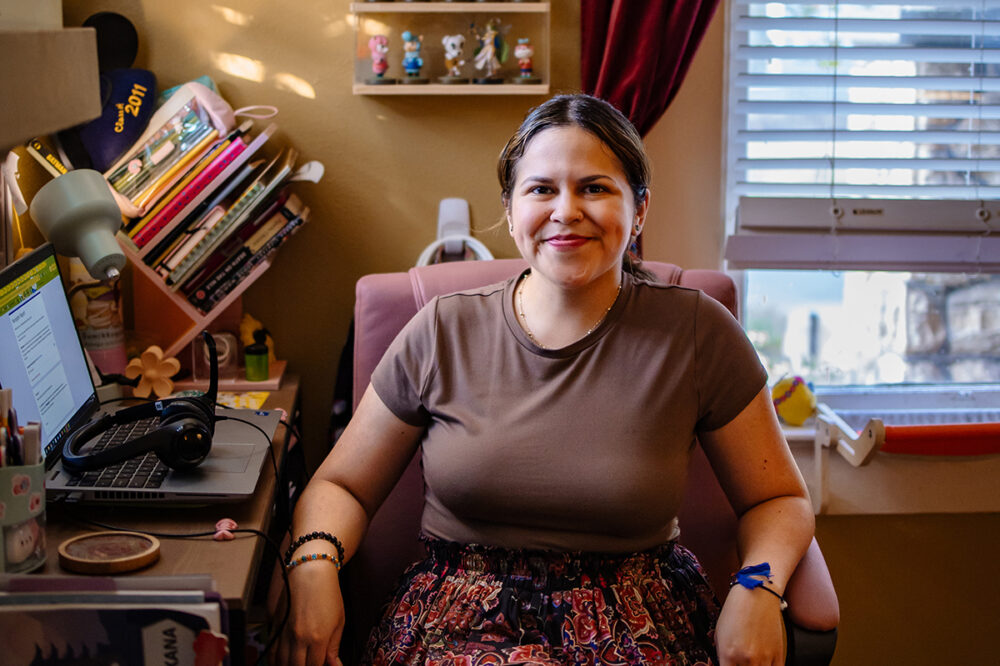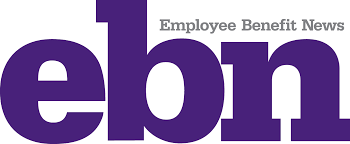Essential Benefits: Paid Family Leave
With more workers balancing jobs and caregiving, offering paid family leave can help employers support worker well-being and key business outcomes.
Advancing Data-Driven Strategies to Help Nonprofit Workers Financially Thrive
Nonprofit workers power our communities, but relatively little is known about their financial health. Prudential is changing that.
Employer-sponsored emergency-savings accounts are becoming a hot perk. Here’s how they work.
Americans, squeezed by high prices and a weak job market, struggle to save for emergencies on their own. In response, many companies are offering emergency savings as a workplace benefit.
Still Striving for Financial Independence: Becky’s Story
Entering adulthood has come with ‘curveballs’ that her parents never faced, and an increasingly uneven playing field to catch up.
Financial wellness benefits that help — and hurt — employees
Financial wellness benefits should be helping employees improve their financial health, but impractical and ineffective benefit offerings are actually hurting their chances at stability.
The Financial Health of Nonprofit Workers
America’s 12 million nonprofit workers play a vital role in our economy, yet many lack the job benefits needed to support their financial health.
As gig workers become more common, how can HR meet their financial needs?
As inflation remains high and economic concerns persist, financial struggles are hitting workers across industries and job levels—but one talent pool may be facing particularly challenging times, necessitating strategic involvement from HR, experts say.
600 Job Applications, No Offers: Zerui’s Story
After earning his master’s with honors last year, Zerui is getting by on low-wage work while he continues to apply for jobs. Still, he remains hopeful.
Financial Health Network Releases New, First of its Kind, Framework for Employers to Close Financial Health Gaps in their Workforce
Pioneering research offers the first data-backed roadmap for designing compensation strategies that actually improve worker financial health.












